- 49 Posts
- 50 Comments
Since I stream a lot from my Android smartphone to a small bluetooth speaker I use AntennaPod a lot to manage all the podcasts I listen to. It’s fully open and available from the F-Droid depository.

 3·4 years ago
3·4 years ago“men bileve not lyghtly hym whiche is knowen for a lyer”
I’ve recently tried to use peertube and I think it could improve a lot if it showed all the content in all instances.
The policy of different PeerTube instances differs greatly therefore a lot of admins decide to federate with a limited number of instances. This also has an advantage. I’m on the LinuxRocks instances and it only federates with tech oriented instances. This keeps the instance clean of a lot of unwanted content. BTW: A user can still add interesting channels to it’s PeerTube account that show up for the user only.

 2·4 years ago
2·4 years agoI use Avidemux on Linux (MX) and contrary to other video editors it has been very stable.
For clarification. I just link to articles that I find interesting but I don’t necessarily agree with the content.
Here is a link to an article what to expect from v4: https://framablog.org/2021/11/30/peertube-v4-more-power-to-help-you-present-your-videos/

 2·4 years ago
2·4 years agoI would buy a used mini-PC or even a Mac mini with Linux on it. I can get them for as low as 30-40 euro with a decent processor, memory and HDD. LibreElec is great but I wouldn’t use it if I also wanted to do some web browsing.
I think that you just react on the word obesity and didn’t even read the article which is about page bloat on the web.

 81·4 years ago
81·4 years agoFirst of all I’m no security expert but I do know that security is relative. I’ve yet to see a objective scientific approach that can compare the security models of GNU/Linux and Windows (or any other OS). This could, given a proper experimental setup, provide objective data to substantiate that a certain Linux installation or distribution (or Windows for that matter) is secure (or insecure) in comparison. Understandably this scientific approach is very difficult to define given the numerous variables one has to include in this experiment. Until then we have to settle with self-proclaimed security experts that argue perhaps even rightfully why one system or the other is (in)secure. Often leading to endless debates without a decisive clear outcome.
As a sidenote. It’s funny that the author while describing the lack of sandboxing applications in Linux puts Linux against ChromeOS while the latter is a Gentoo Linux-based operating system.
And another one. Any OS is as secure as it’s user.
Definitely Mindustry. Great strategy game that I played hour after hour especially in coop mode. Not too steep learning curve and always enough challenge to keep coming back. Also it runs on low spec machines. https://mindustrygame.github.io/


 5·4 years ago
5·4 years agoThere is the excellent InfoSec for Journalist handbook from Silkie Carlo and Arjen Kamphuis. The latest edition is from 2016 but it still contains valuable information and it covers a lot of topics. The handbook is no longer being updated which is likely caused by the disappearance from Arjen Kamphuis in August 2018.
https://beschermjegegevens.nl/wp-content/uploads/InfoSec-for-Journalists-V1.3-1.pdf
I also found this more elaborate book, a collection of articles, posts and lectures and a handy InfoSec guide from Arjen Kamphuis. The InfoSec guide starts at page 307 but is probably the same as the one linked to above.
https://beschermjegegevens.nl/wp-content/uploads/arjenkamphuis-infosecurity-small.pdf

 4·4 years ago
4·4 years agoI can’t help it but the word crap comes to mind.

 31·4 years ago
31·4 years agoAn important reason for lack of adoption is simply because every PC or laptop comes with Windows installed for free (as in gratis). People are generally lazy and don’t bother with installing another OS. I’m pretty sure that the general public doesn’t need the feature rich MS O365, and certainly doesn’t care about the toxic community or GNOME vs KDE/Plasma. They just take what’s already installed.
Three years ago I installed Linux Mint on my fathers laptop because of the slow performance of Windows and all the malware issues that he had. Before that he used to call me once a week the ask for help for his laptop but that stopped immediately after I installed Mint. He’s a happy Linux user now but he can’t tell you anything about his desktop environment, package manager or whether he’s running systemd. He doesn’t care about that, he just wants his laptop to work. If the laptop had come with Mint in the first place he probably wouldn’t have known that it had Linux on it.

 2·4 years ago
2·4 years agoBeing a bit of an animal rights proponent I vote for the obvious solution but kudos for the creative thought.
Interesting thoughts. My first reaction is that too many changes can easily lead to feature creep. I like Lemmy for what it is an ethical Reddit like alternative. Having said that, the idea of a better description of what a community is about is good but that can already be covered in the sidebar. Nevertheless it could help mods to structure the text in the side bar.
Some of the ideas seem more of a burden to the community mod e.g. setting up a matrix server (and modding that too). But then again you already wrote that that is optional.

 2·4 years ago
2·4 years agoBASIC was really basic (and slow) at that time. So I remember programming hexadecimal to speed things up. A real pain keeping me up night after night. Good times ;-)

 2·4 years ago
2·4 years agoBack in the early '80s I was still in high school and had absolutely no money for a home computer (that’s how we called them) but I had money to buy computer magazines. So almost frantically I read articles about Sir Clive Sinclair and his inventions, ZX80, ZX81 and ZXSpectrum, imagining what I could do with one. I actually never bought a ZX (but years later a COMX-35 instead) but Sir Clive was the one who got me interested in computers in the first place.
Searx is a meta search engine but it is open source and it has an image filter

 1·4 years ago
1·4 years agoYeah, it’s hard to imagine how the blockchain stuff coincides with the sustainability goal of the NGI Initiative. I also find it ironic that the pdf that explains the research and innovation program, specifically targeting open source privacy, is made with MS Word on OSX. https://www.ngi.eu/wp-content/uploads/sites/48/2020/04/NGI4ALL_NGI_Projects-and-people.pdf
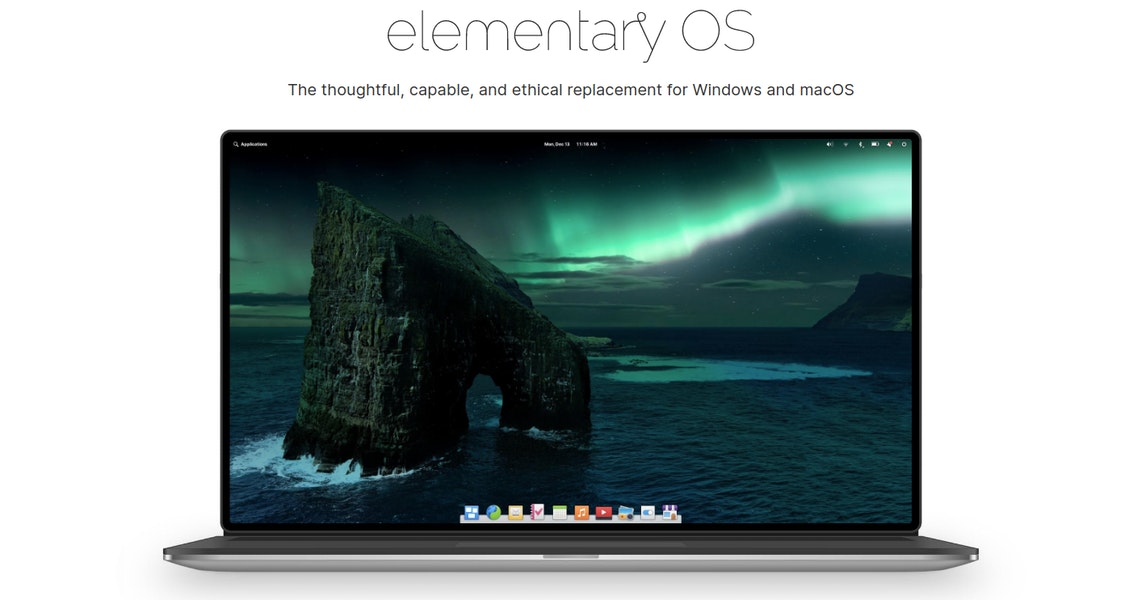


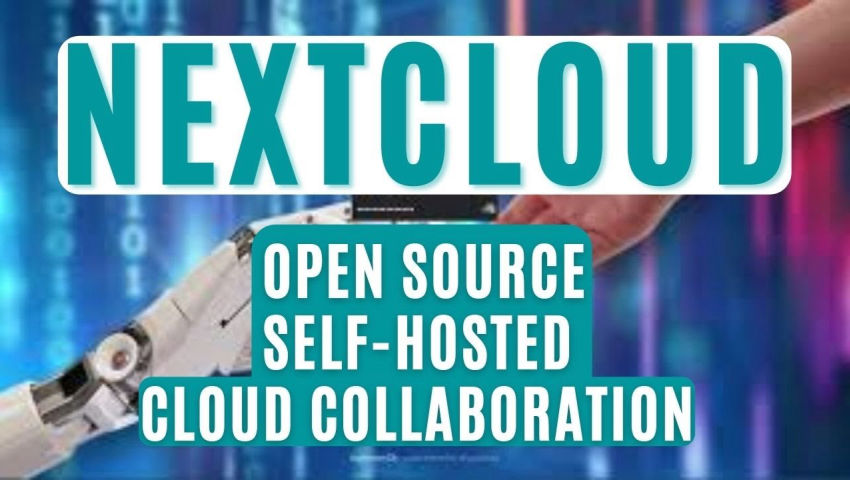


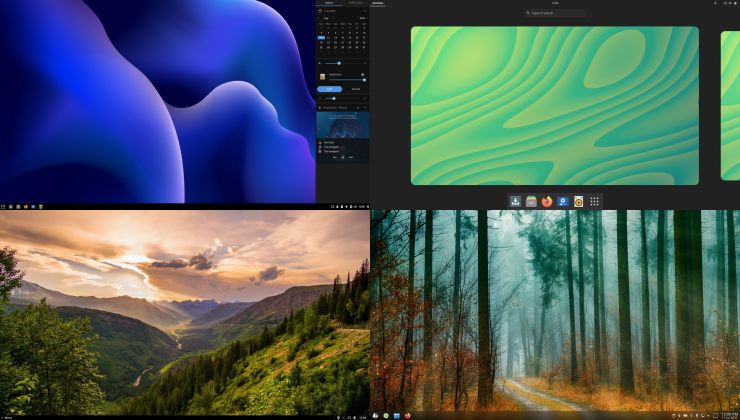
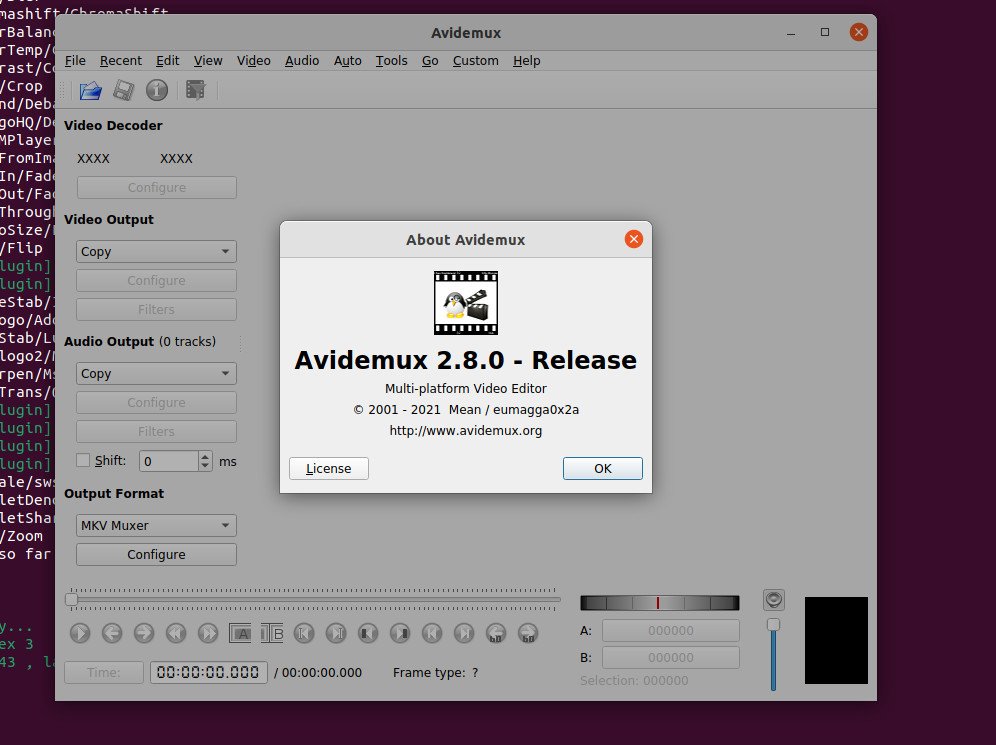
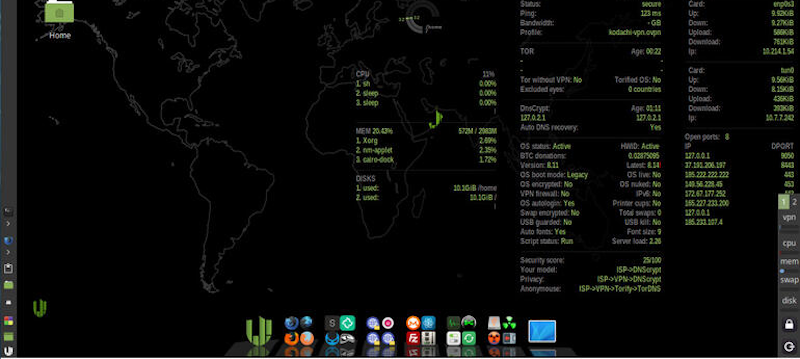
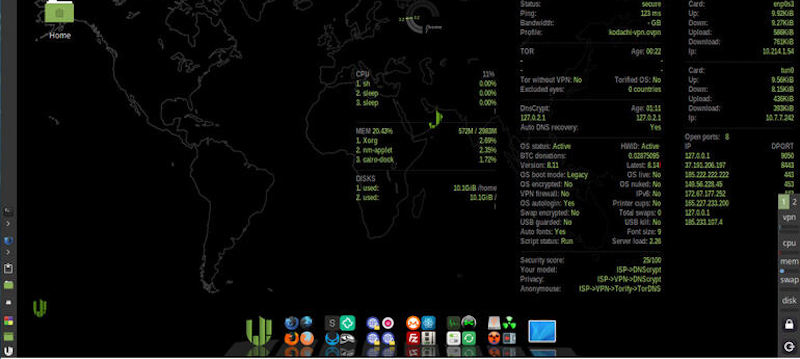

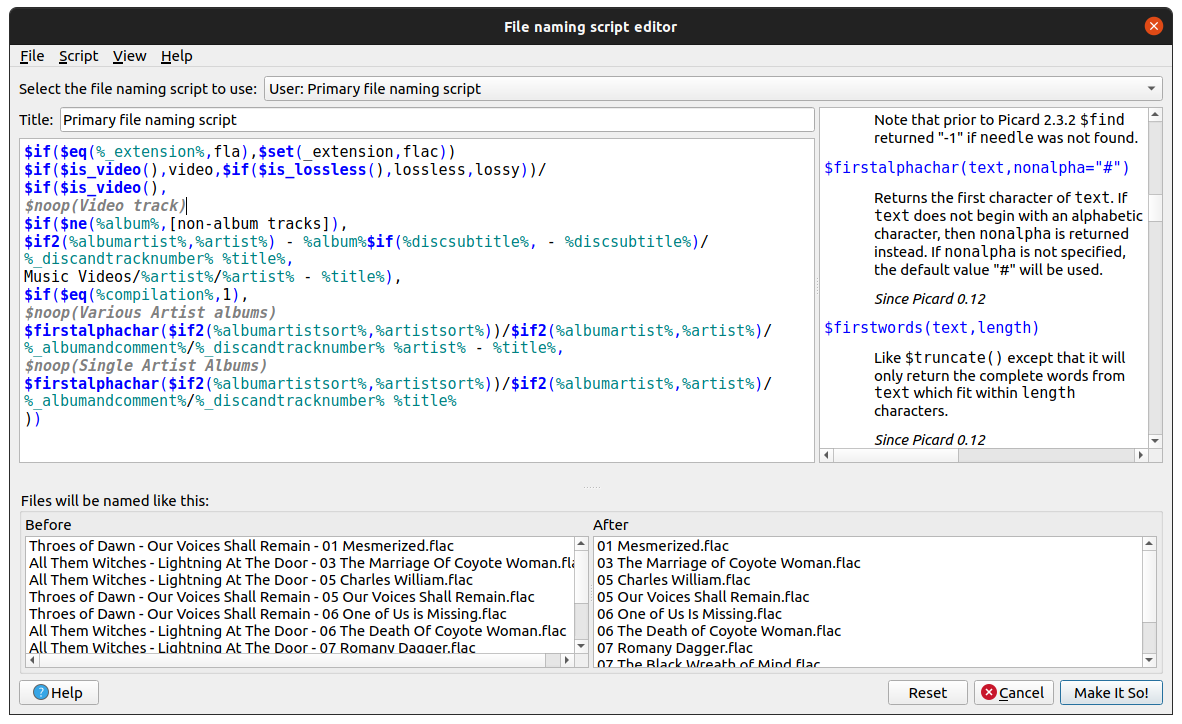
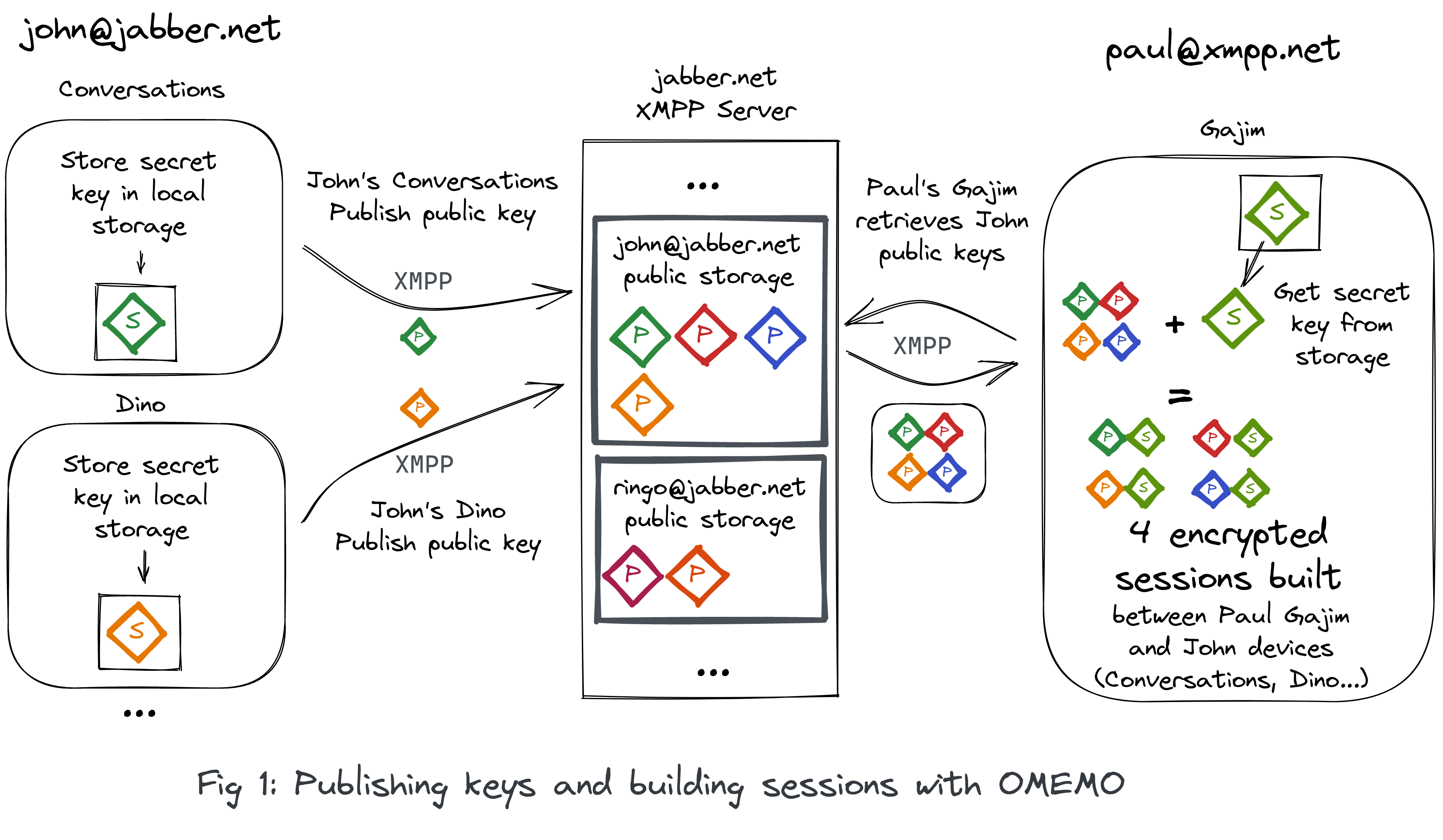


I read over it at first. It seems that he did that on purpose, which is a shitty thing to do.